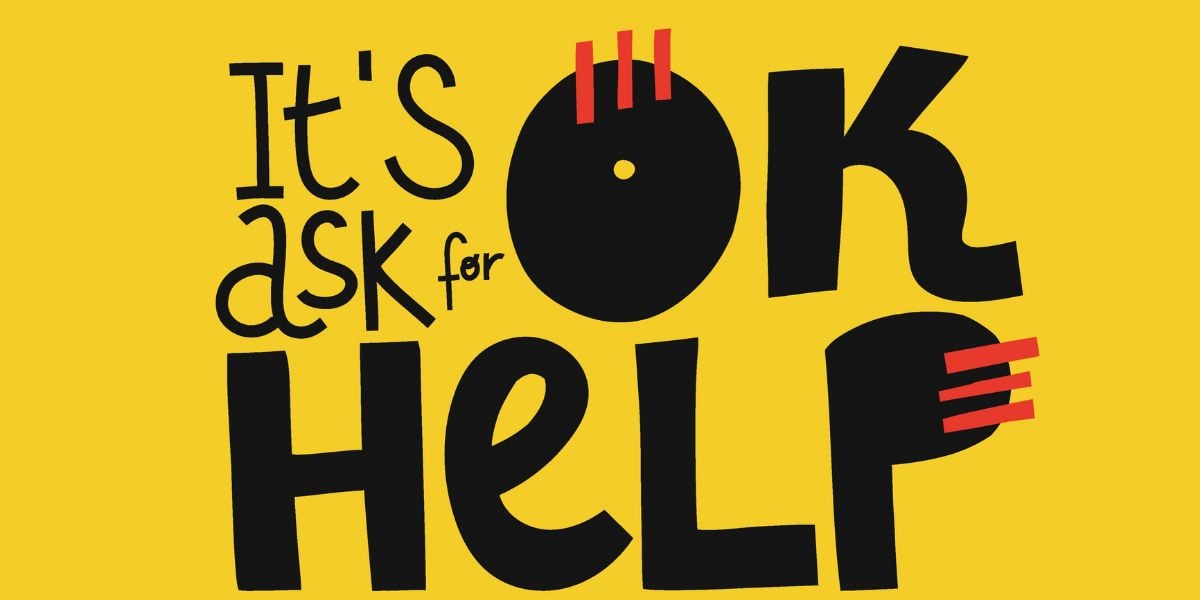Management of your blood sugar (glucose) is essential to avoid further complications such as blindness, amputations and kidney disease.
Whilst diabetes often requires medication for control, it’s important to remember that proper nutrition through meal planning is equally critical in diabetes care.
Nutritional management, in the form of a meal plan designed especially for you, will help you to maintain blood glucose levels as close to normal as possible, and maintain or lose weight.
You may feel apprehensive about meal planning, particularly if you’ve struggled with dieting in the past. It can be difficult knowing where to start, and for this reason, putting together a meal plan that fits your lifestyle with the help of a dietitian comes recommended.
The following table illustrates this:
| General Dietary Guidelines | Summary of General Guidelines for Diabetics |
|---|---|
| Eat a variety of foods. | Eat a variety of foods |
| Balance the food you eat with physical activity-maintain or improve your weight. | Balance the foods you eat with your insulin, oral medication and your physical activity. Maintain or improve your weight. |
| Choose a diet with plenty of grain products, vegetables, and fruits. | For added fibre include whole grains, legumes, fruits and vegetables. |
| Choose a diet low in fat, saturated fat and cholesterol. | The amount of calories from fat should be no higher than 30%, of which no higher than 10% should be from saturated fat. |
| Choose a diet moderate in sugars. | Avoid foods containing significant amounts of sugar. |
| Choose a diet moderate in salt and sodium. | A moderate sodium restriction is recommended. |
| If you drink alcoholic beverages, do so in moderation. | If you drink alcoholic beverages, do so in moderation and see a dietician about fitting it into your meal plan. |
Diabetic Meal Plan Systems
There are two main meal planning systems, exchange lists and carbohydrate counting. With your health care team, you will decide which system best meets your needs. You might be able to use a combination of systems for greater flexibility.
The exchange lists group foods into three categories:
- Carbohydrates (including lists of starches, fruits, vegetables, milk, and other carbohydrates such as dessert type foods).
- Meat and meat substitutes, and
- Fats
Within any one of the categories a food can be exchanged with another.
The amount of energy provided by a specified serving size of the food is essentially the same. You choose from the different categories to design a plan for your meals and snacks.
With carbohydrate counting, the focus is on the amount of carbohydrates in the foods that you choose to eat.
Your insulin or oral medication must be matched to the foods you eat. Your meal plan will tell you how many carbohydrate choices you can eat and when you can eat them.
The carbohydrate can come from any type of food containing carbohydrates. It’s recommended to choose carbohydrate from lower GI sources and fresh fruit and vegetables.
In the beginning, this system will require that you to test your blood sugar a number times a day, as well as weigh and measure your food.
An example meal plan is shown below:
Breakfast
- Porridge or wholegrain breakfast cereal (e.g. Branflakes, Weetabix) and/or
- Wholemeal bread/toast/roll
- Fruit – fresh or tinned without sugar.
Mid-Morning
- Light Meal
- Soup
- Bread/toast/roll/baked potato/chapattis
- Small portion lean meat, chicke, fish, eggs, cheese or baked beans.
- Large portion salad or vegetables.
- Fruit as main meal
Mid-Afternoon
- Main Meal
- Soup, for example broth, lentil, vegetable
- Small portion lean meat, chicken or fish
- Potatoes, bread, pasta, rice or chapattis
- Large portion vegetables or salad.
- Fruit – fresh, stewed or tinned without sugar or
- Unsweetened milk pudding or diet yoghurt
Bedtime
If you require a between meal and/or bedtime snack the following are appropriate.
- Fresh fruit,
- Diet yoghurt
- Toast
- Crackers
- Two plain biscuits or
- Wholemeal scone







